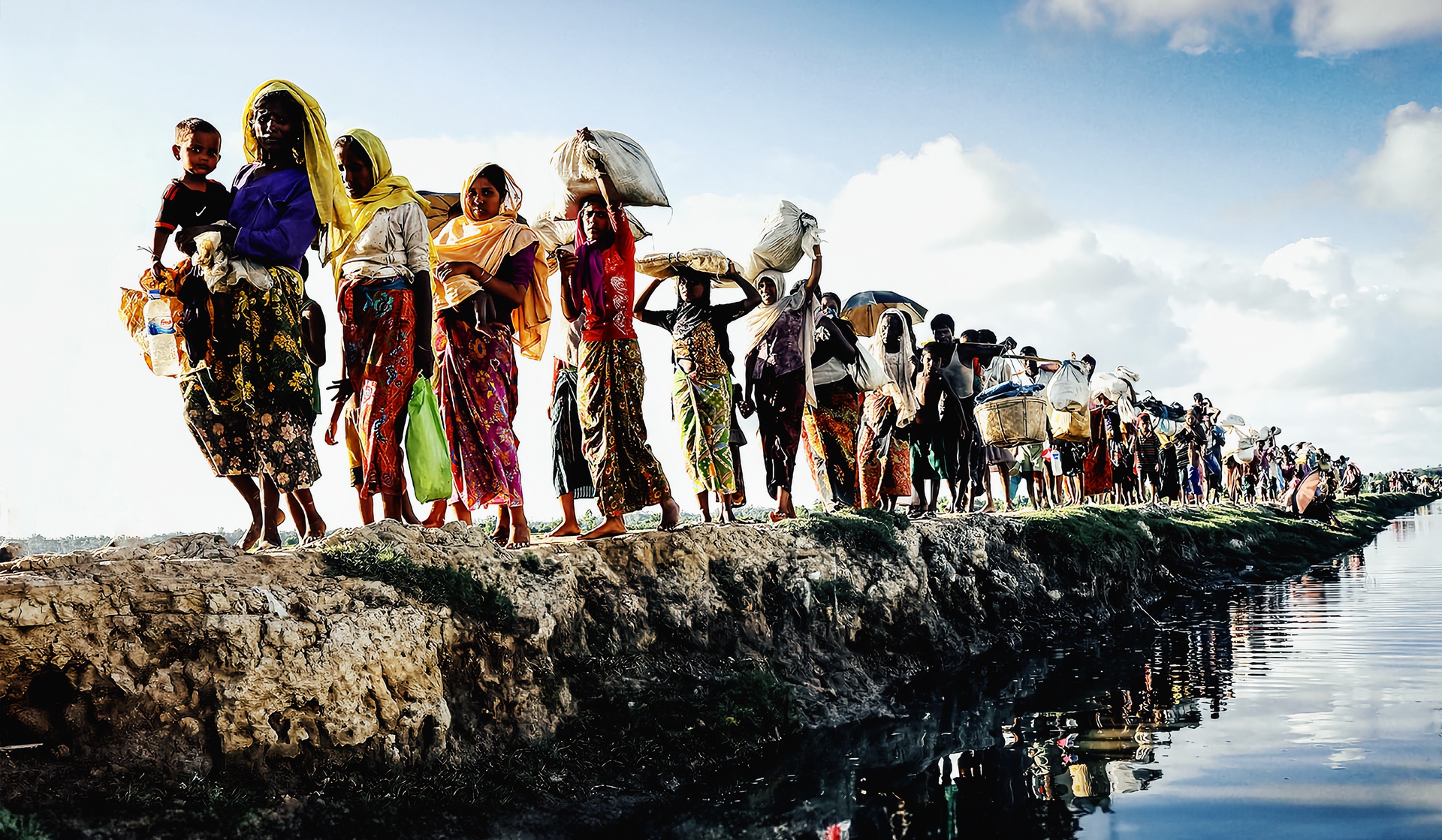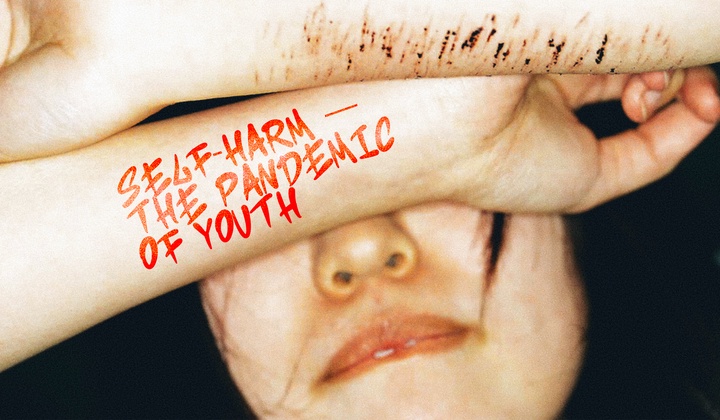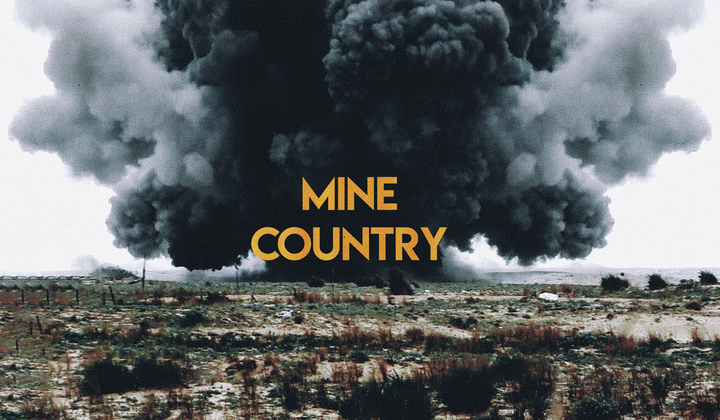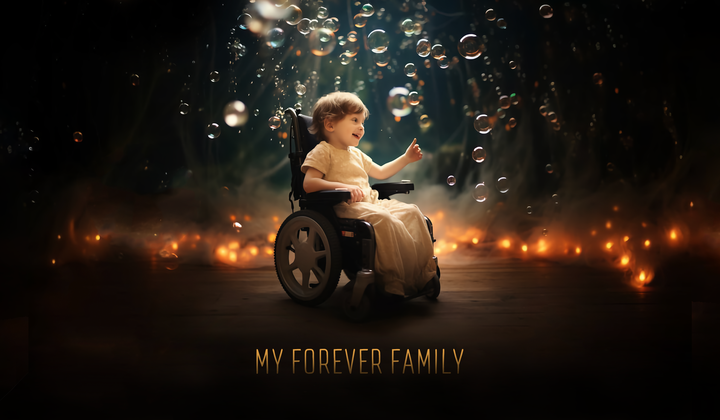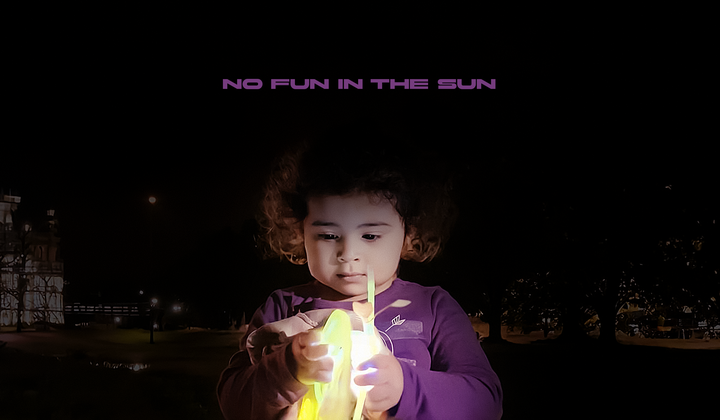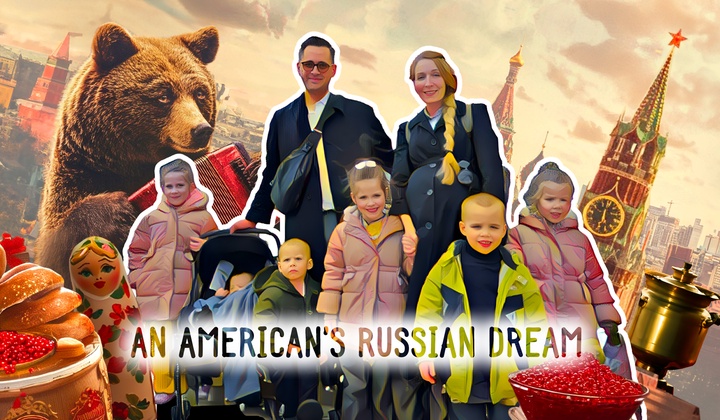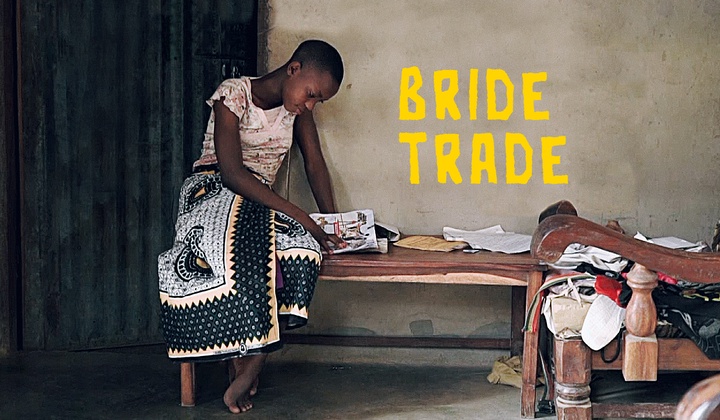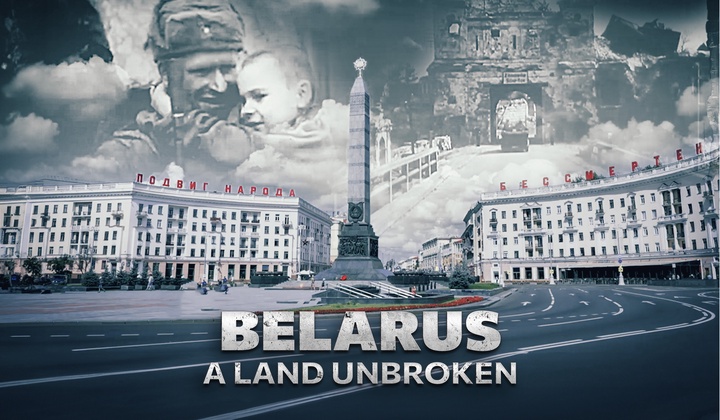About 740,000 Rohingya Muslims have fled Buddhist-majority Myanmar, escaping a military offensive launched by the government. They now live in the Cox’s Bazar district of Bangladesh. Many displaced Rohingya recount harrowing experiences. However, the government continues to deny that massive slaughter even took place, claiming the troops targeted only Muslim insurgents, not civilians. What are the roots of the Rohingya crisis? Listen to the refugees' stories to get a clearer picture.
